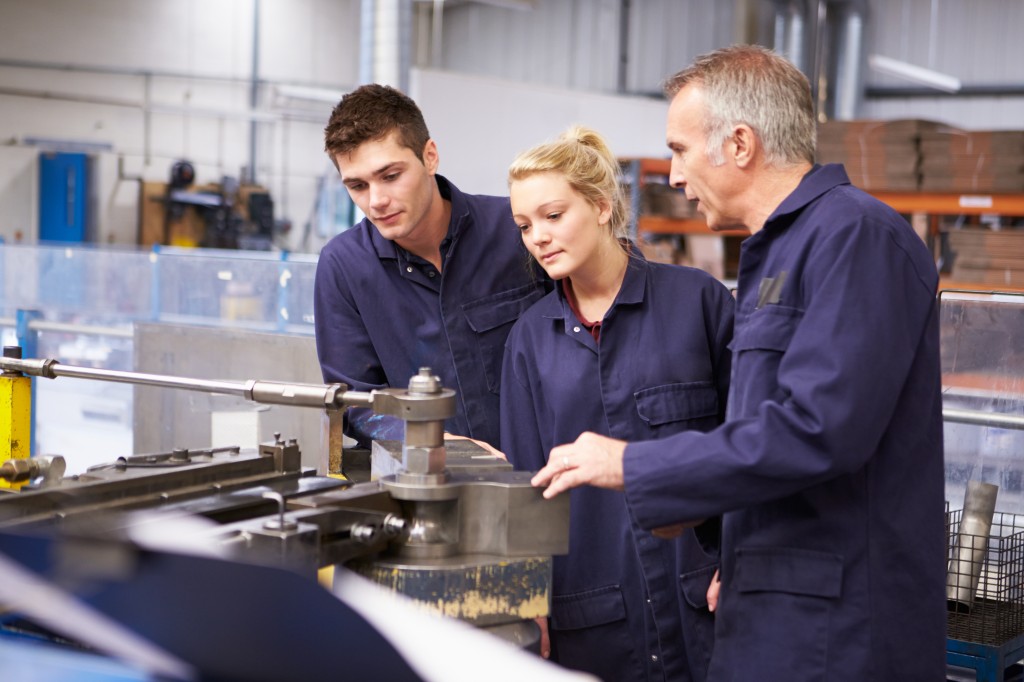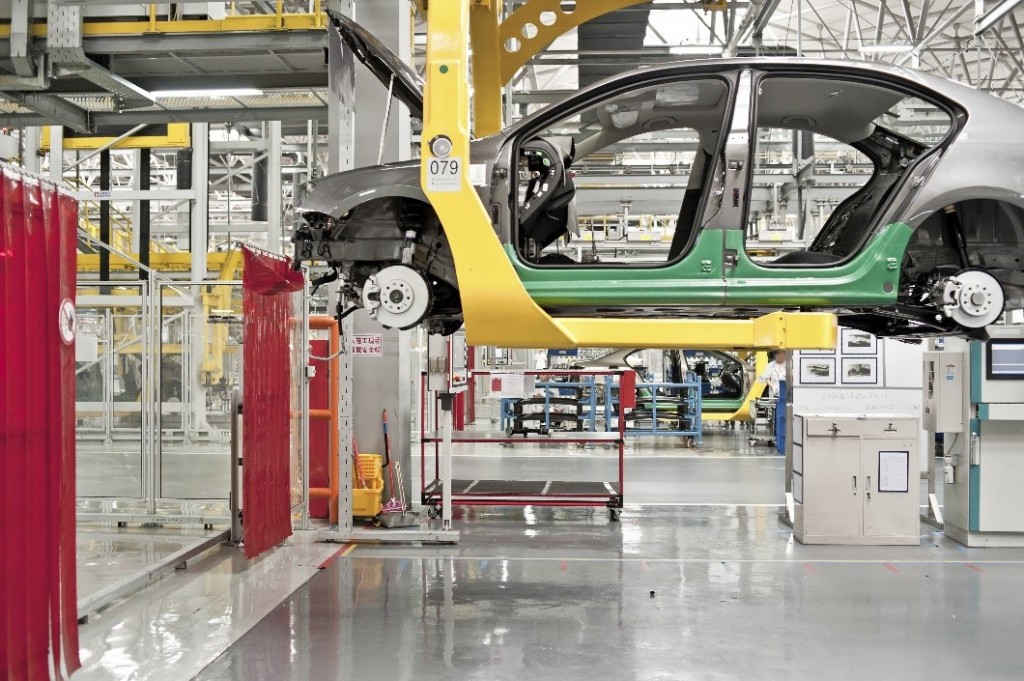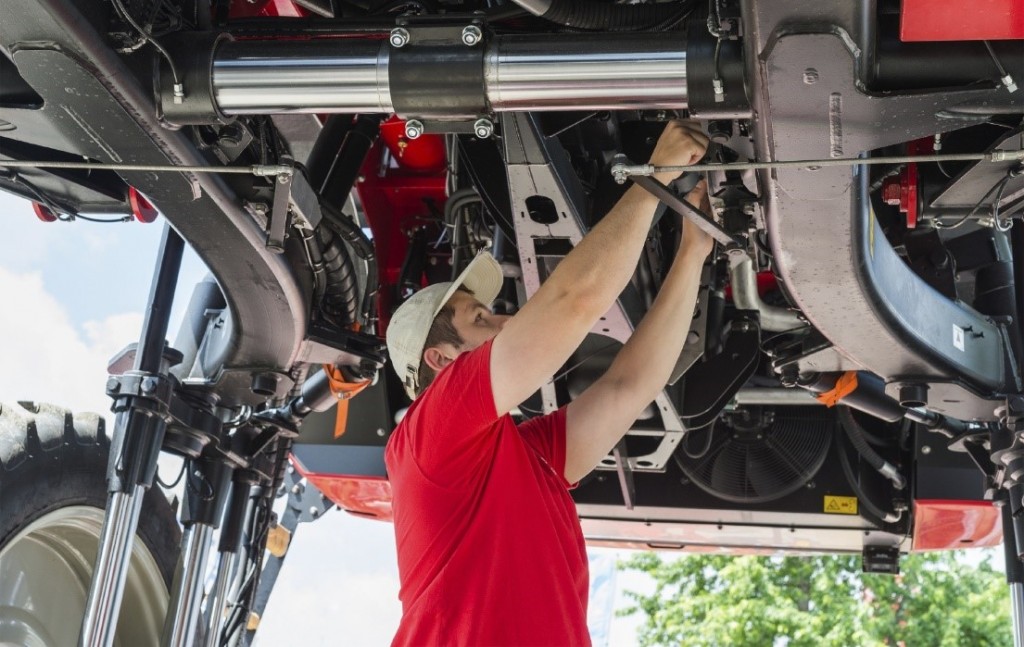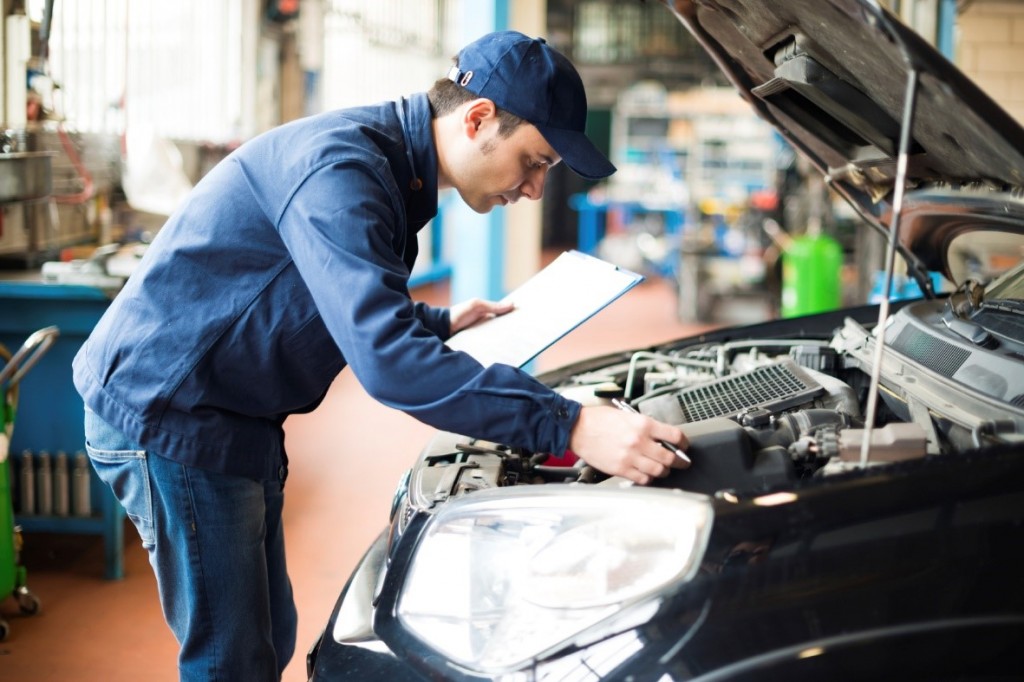What’s the Difference Between an Automotive Engineer and an Automotive Mechanic?
The connection between engineers and mechanics can sometimes be unclear, and although they work together to put all the pieces of industry puzzles together, they are both very separate entities. In terms of automotive engineers and mechanics, engineers work on vehicles in a broader sense and are involved in everything from designing and developing new vehicles to improving performance. On the other hand, mechanics diagnose and repair vehicles, typically in a garage or workshop.
But what are the main differences and how do they work together to complete the entire process?
What are the Responsibilities of an Automotive Engineer?
Engineers in the automotive industry tend to not only work for auto manufacturing companies, but for engineering firms, governmental agencies and other industries and firms that require the skills and expertise of an engineer. Many engineers work on the actual creation of vehicles, assisting in the act of designing the systems and all components involved. Some engineers assist in analysing the systems and any problems that may occur to hope for improvements or changes.
Engineers are vital to the manufacturing industry and all the processes that connect to it, from ongoing oversight to ensuring the automobile is safe for public use. As a branch of vehicle engineering, not only do automobile engineers work in the conventional car design and manufacturing, but they are equally as important in aerospace and marine engineering, which can incorporate skills and elements of safety, electronic, mechanical, electrical and software engineering. These skills are all assets of an automotive engineer applied from design to manufacturing, and operations of trucks, motorcycles, trains, and all subsystems within.
What About the Responsibilities of an Automotive Mechanic?
Automotive mechanics usually aren’t involved in the design side of the industry and usually work in repair shops or garages, either at a shop which repairs vehicles or with a dealer that works with a specific brand. Mechanics in this sense usually work in direct correlation with drivers – in the way that engineers don’t.
Mechanics work to identify a source of a problem with aim to fix the issue. They can discuss the operations of a vehicle, and use their knowledge to ensure the vehicle operates to optimum level. A part of an automotive mechanics job is to also make sure that the vehicle is safe for road operation, which is similar in certain ways to the responsibilities of an engineer. Many mechanics can specialise in a certain area, but with the advancement in technology, the job role of a mechanic has evolved to needing a wider spread knowledge, including electronical technology knowledge. Vehicles now possess modern technology which gives extra demand to the workers in this industry.
Does the Training and Education Differ?
Engineers tend to have a minimum of a bachelor’s degree in a related industry, but many will progress onto further education to allow them to specialise more closely in the industry. Mechanics in this industry usually need to have a minimum of high school education or equivalent, but unlike an engineer, they will receive extensive training in their area. This will require years of hands on training and tutoring to be ready to take on the industry fully.
How Do the Two Work Together?
Not only in the automotive industry but any type of engineer, whether electrical, civil or mechanical, technically needs the aftercare of a mechanic to keep the industry striving. An engineer could be said to be the backbone behind the automotive businesses, needed for design and specifics in creation of the technology, although mechanics will also know basics of their industry, and vice versa to synergise the entire process smoothly. Although the two jobs are different, and some may complicate the two sometimes, they would not work without each other.
An engineer needs to apply skills and principles of physics and material science into the design, manufacturing and analysis of the mechanical systems, although the tradesmen in mechanics will utilise their skills to build or repair the machinery alongside.
Without either of these job titles, the industry could not be what it is today, and both are equally as important as one another. At European Springs Ireland we are proud to be a part of the industry, and not only do we work in conjunction with the automotive industry, but in many related businesses, such as Electronics and Hydraulics. If you would like to know any more about our skills and services including manufacturing torsion springs, tension springs and compression springs, we would love for you to:
Get In Touch


